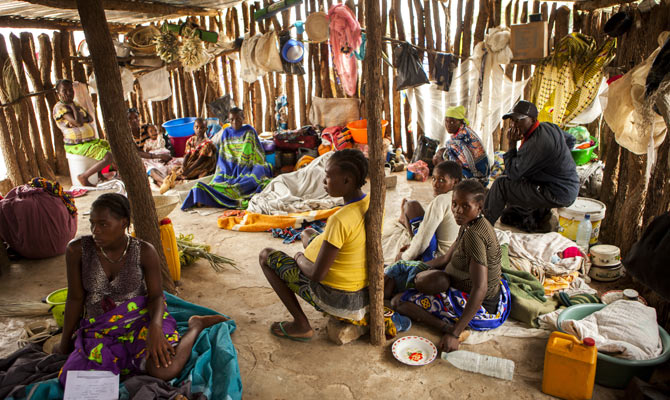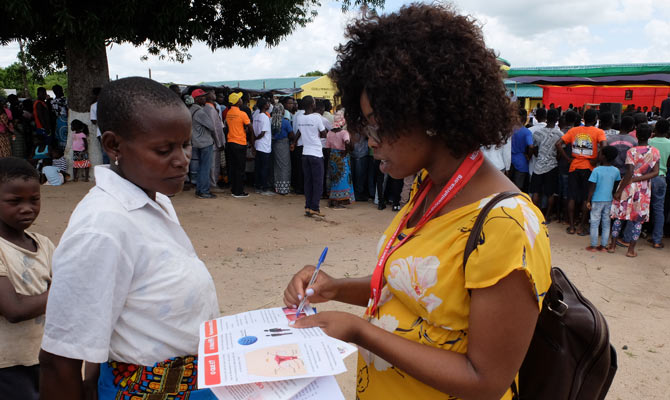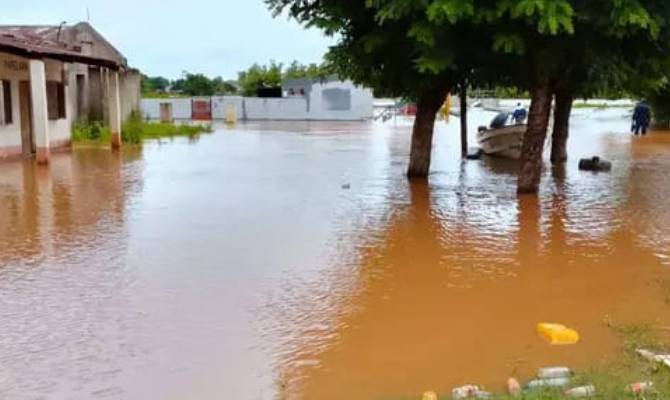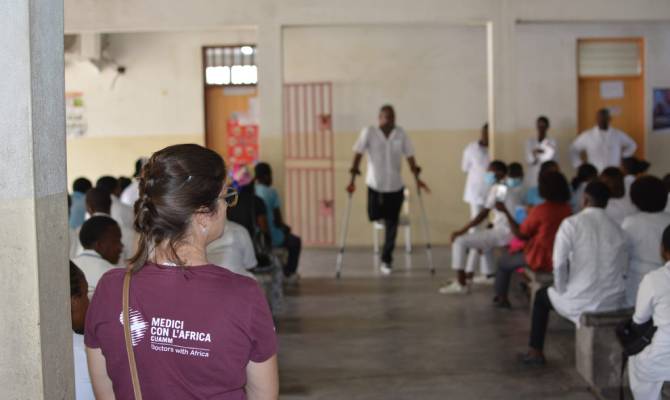«To better understand reality take a step back and observe it with a distant glance. You will thus understand that diversity, as such, cannot be inferior», wrote the renowned anthropologist Claude Lévi-Strauss.
Understanding diversity is an integral part of our work, because even before offering health care, it is necessary to ask ourselves what the needs of the population are – to learn about them, with respect and attentiveness.
It turns out that in a fertile place like Ethiopia, children suffer from malnutrition and the problem is not the lack of basic ingredients, but the fact that they all eat from one dish and the youngest of them remain behind. The need to look after large families where accompanying a child to hospital means leaving many others alone, or the desire to give birth in the traditional position of one’s own population, preferring to stay in the village rather than in a safe health centre, are just some of the challenges we face in the field: cultural challenges, which we are called on to undertake as doctors on a mission to another continent.
It is a human relationship, made up of observation and knowledge, but also a professional approach – that of anthropology. “We could define it as the science that “removes the veil” – says Edoardo Occa, Cuamm anthropologist in Mozambique – because anthropology reveals behaviors that are distant from us and enables us to read reality in a way that brings us closer to the other“.
This is how targeted interventions in the field are developed: an innovative pillow prototype that guarantees to Ugandan women that they can give birth in a safe way while maintaining traditions; direct medical visits to the villages in order to reach everyone; training for mothers on the importance of food and the proposal that they be the ones who share meals with the youngest children.
Bonadio and Girardelli, Cuamm doctors in the 1980s, already said how “it is essential to increase the channels of real communication with the local population as much as possible, so that they can be the protagonists of their own development (…) in the name of mutual respect between people belonging to different peoples that work and grow together”.
A “distant glance” of observation, then, which allows us to get up close, understand, find solutions and bring help in ways that peoples can welcome. As doctors in the field, this vocation towards the knowledge of the other is strong; it is part of our missionary spirit and, even more so, also of a human vision of medicine and cooperation.
We will also talk about it in Milan next Saturday, on February 22nd, where Anthropology Day will be celebrated and, as Cuamm, we will reflect on ways of “Fighting malnutrition by promoting a cultural change”





